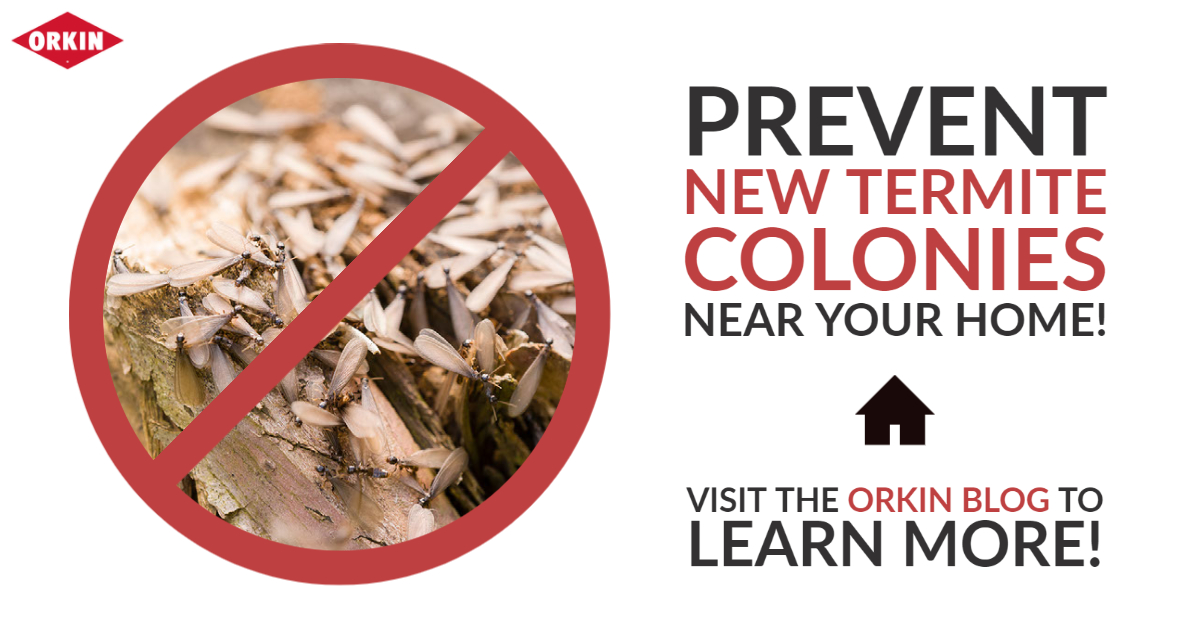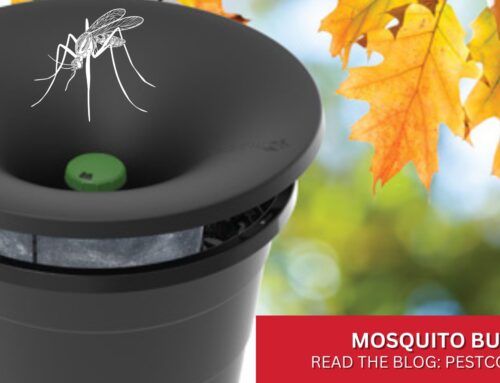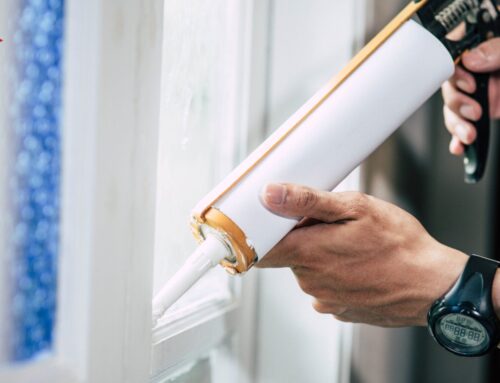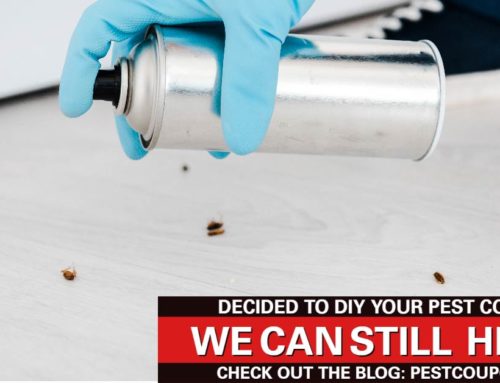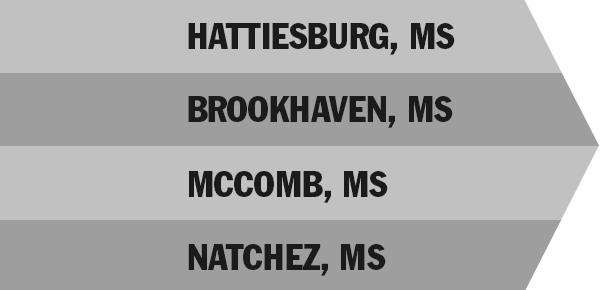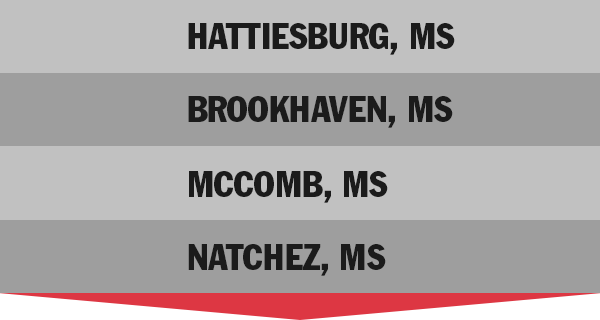As a united force, termites appear to be indestructible and formidable. However, they are surprisingly fragile creatures that depend on a certain level of moisture, humidity, and heat to survive. There is no formal date that marks the beginning of Swarm Season, but this time of year typically coincides with rainy spring weather, between April and June. Since rainfall is one of the primary regulators of moisture levels in soil, termite activity runs rampant during this time of year. If you’ve seen termite swarmers around your property, you may be wondering what this means for your home. Well, we have good news and bad news.
- Good News. Just because you see swarmers around your property does not necessarily mean you have an infestation.
- Bad News. Increased termite activity due to appetizing rainfall absolutely increases your risk of termites snacking on your home.
The Biggest Risks of Swarm Season
Anyone who has seen a swarm of busily buzzing termites knows how creepy and daunting the cloud of winged insects can appear. However, the biggest risk from these swarms is not the possibility of property damage, but the possibility that a new colony will become established near your home.
Why Do Termites Swarm?
Termites swarm after their original colony reaches capacity and needs to expand. Both male and female swarmers, otherwise known as ‘alates,’ are produced within the colony over the course of the year. They reside within the soil, near the surface of their nest until Swarm Season. Once conditions are optimal, the swarmers take flight and break up into pairs. Soon afterward, the newly-matched termites shed their wings and go off in search of a cozy place to start a new colony. This is where the real danger lies for homeowners.
Drywood vs. Subterranean Termite Swarms
- Drywood Termites. These termites live inside the wood in which they have infested. Drywood termites look similar to Subterranean termites, but are often larger in size.
- Subterranean Termites. These termites nest underground and use homemade mud tubes to travel from their colony into your home.
There are not many differences between drywood and subterranean termite swarms. The primary difference is that drywood termite swarms are significantly smaller than subterranean termite swarms. This makes it more difficult to spot a potential drywood infestation. An Orkin professional can help you spot the warning signs of both drywood and subterranean termites.
The Formidable Formosan Termite
The most dangerous variety of subterranean termites in Mississippi is the formidable Formosan. These hungry creatures often have colonies 10 times the size of other subterranean termite species, making them even more difficult to exterminate once they have settled in. They are some of hungriest, most destructive termites known to the scientific community. An Orkin pest professional will be able to identify the variety of termite in your home and create a customized treatment plan.
How Rainfall Attracts Termites and Increases Termite Activity
During the rainy months, homeowners will likely see swarms of winged termites or, at the very least, find signs of termite swarms, such a little piles of discarded wings. If there are termites around, searching for new food and shelter sources, property owners need to be extra vigilant in order to prevent termites from settling down and colonizing. The following are areas rain makes all the more appetizing for hungry termites!
- Mulch Piles. Termites already love to snack upon piles of damp, tasty mulch. Rain makes this food source all the more delicious. If you have mulch in your garden, keep the piles small and distanced from your home.
- Scrap wood or Firewood. Homeowners concerned about termite activity should stack wood at least 20 feet away from their home and raise the wood at least five inches off of the ground. When rain arrives, it is prudent to cover the wood with a tarp or other covering.
- Tree Limbs and Foliage. Termites love lingering piles of branches and foliage. If you have recently completed any landscaping projects and have trimmings in your yard, collect them immediately and distance them from your property.
Contact Orkin for a Termite Estimate!
Orkin pest control professionals are experienced in protecting Hattiesburg and McComb homes from termite invaders.

